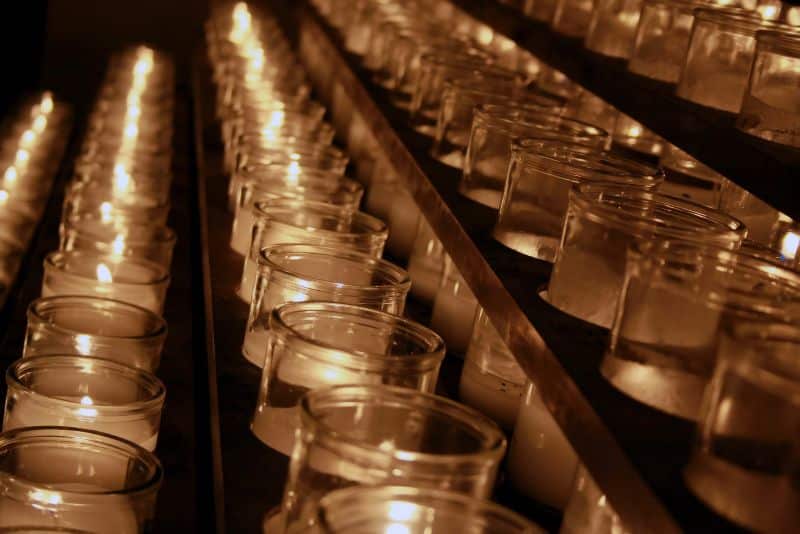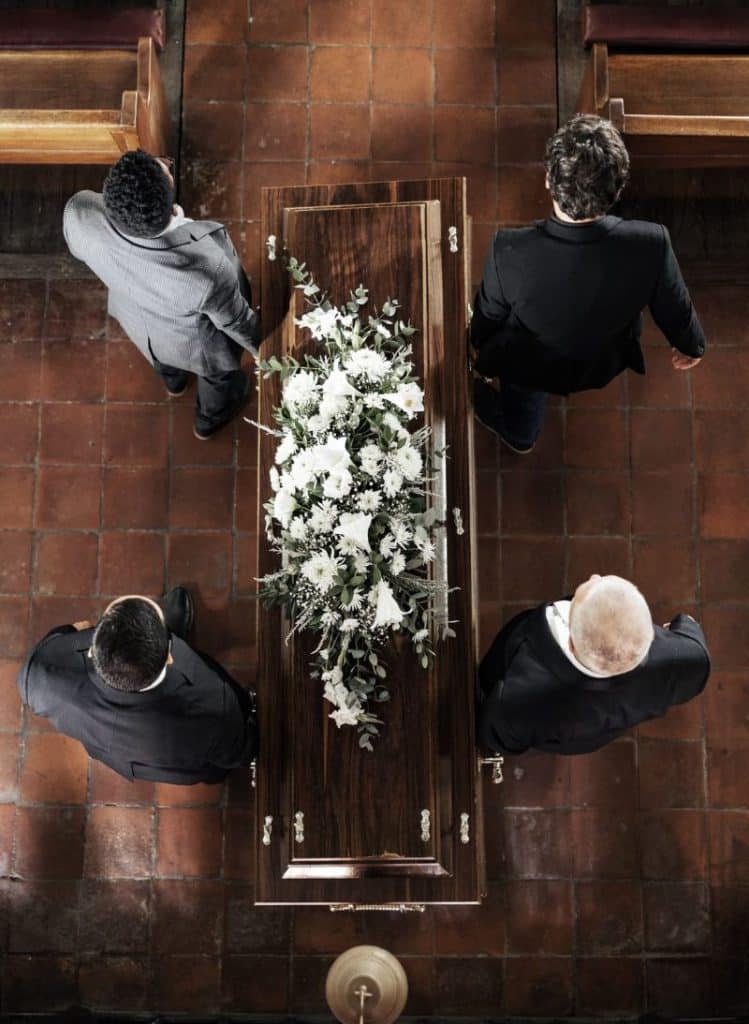Etiquette is incredibly important when organizing a funeral for someone who has passed away. Not only should funerals be conducted with respect and dignity, but they can also serve as a meaningful way to remember the deceased and celebrate their life. While every family’s traditions regarding funerals may differ, there are some general tips that can help ensure the event is planned appropriately.
In this blog post, we’ll discuss common dos and don’ts of funeral etiquette so you have all the information you need to honor your late loved one in an appropriate manner.

Choosing the Right Funeral Service Provider
When planning a funeral, selecting a service provider is one of the most important decisions. The right provider can offer guidance, support, and a range of options to help you create a meaningful farewell.
Whether you’re arranging a traditional burial or considering cremation, it’s crucial to work with a provider that aligns with your needs and values. Texas families considering cremation can easily find a trusted cremation service provider in Fort Worth that can offer personalized services to honor your loved one’s memory. They can assist with everything from planning the ceremony to providing keepsakes and memorial options, ensuring a respectful and heartfelt tribute.
Taking the time to research and choose a provider that feels right for your family can make this difficult process more manageable, allowing you to focus on celebrating the life and legacy of the departed.
Preparing for the Gathering
As the excitement of the upcoming gathering builds, it’s time to start preparing for the big day. In order to make this process seamless you can use Fort Myers Memorial Services or other such services.
One of the initial steps in planning a funeral is selecting a suitable location for the service. Whether it’s a solemn chapel or a more intimate setting, the venue plays a crucial role in setting the tone for this important occasion.
Once the location is finalized, the next step is to notify close family and friends. Whether you choose to send out formal invitations or make phone calls, it’s essential to give people ample time to make arrangements to attend.
Dress code is another consideration; whether it’s traditional mourning attire or something that reflects the deceased’s wishes, choosing appropriate clothing can help attendees feel more at ease during this emotional time.
By thoughtfully addressing these aspects, you’re helping to create a respectful and meaningful event to honor your loved one.
Understanding Funeral Etiquette
Losing a loved one is never easy, and attending a funeral can be an emotionally challenging experience. In such a difficult time, it can be tough to know what the appropriate thing to say or do is. However, understanding funeral etiquette can help make the experience more respectful and supportive for all those involved.
Simple gestures, such as offering condolences to the bereaved family and dressing appropriately, can go a long way in showing empathy and respect. At the end of the day, funeral etiquette is about being honest, compassionate, and mindful of others’ feelings as we collectively grieve and honor the life of the deceased.
Handling the Mourning Process
Losing a loved one can be one of the most challenging experiences we face in life. The mourning process can be overwhelming, and it’s essential to take care of yourself while also supporting others who may be grieving.
While there is no right or wrong way to cope with loss, it’s essential to focus on self-care. Taking time to be kind to yourself by seeking support from friends and family, engaging in activities that bring you joy, and talking to a counselor can all help you navigate the difficult mourning process.
It’s equally important to support others who may be struggling with grief. Checking in with them, listening empathetically, and offering practical assistance can all help them feel supported and acknowledged.
Although it can be challenging, with kindness and compassion, you can help yourself and those around you navigate the mourning process.
Paying Respects
It’s never easy to say goodbye to someone we love, and paying our final respects is an important aspect of the grieving process. Showing appreciation for the deceased is a way to honor their memory and recognize the impact they had on our lives. Whether it’s attending a funeral or memorial service, sending flowers or a sympathy card, or making a donation to a meaningful charity, there are countless ways to show our love and support. Even simple gestures like sharing fond memories or offering a listening ear to those who are grieving can make all the difference. In the end, paying our respects is not just about the person we have lost but about the legacy they have left behind and the love that continues to live on.
Initiating Conversation
Initiating conversations can be nerve-wracking, especially when sharing memories or comforting someone. However sharing personal stories creates lasting bonds. Offering words of comfort positively impacts others. Connecting and showing we care builds relationships and fosters a community of positivity and kindness.
After the Funeral
Losing a loved one is tough, but honoring their legacy brings comfort. Ways to remember them include lighting a candle, creating a memory box, or donating to a meaningful cause. Planting a tree, commissioning art, or jewelry are also options. Let’s honor their life genuinely and impactfully, keeping their memory alive.

Attending funerals can be intimidating for those unfamiliar with the process. Remember, coming together to celebrate a loved one’s life is important for the mourning process. Show compassion, respect customs, take care of yourself, engage in meaningful conversations, and keep their legacy alive. Let’s support each other in times of need.
